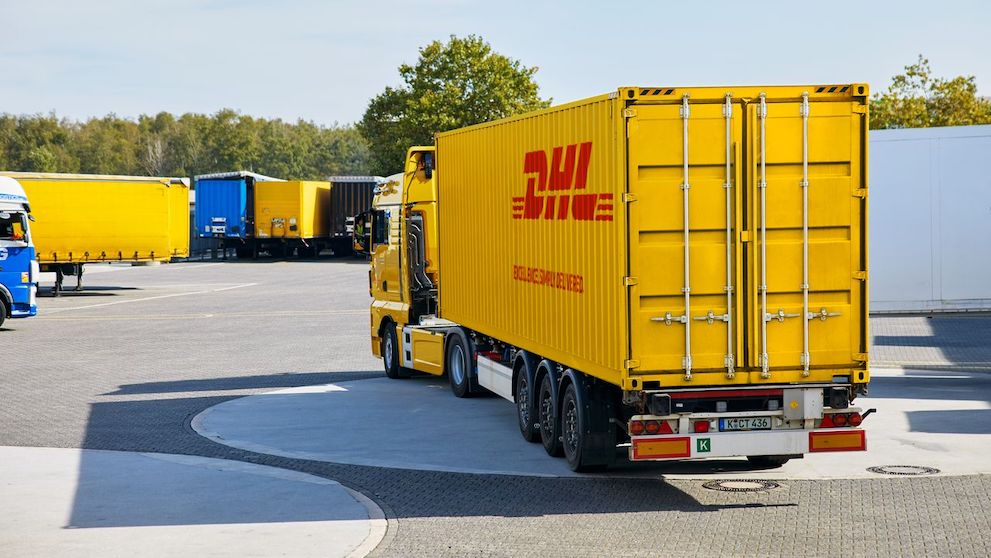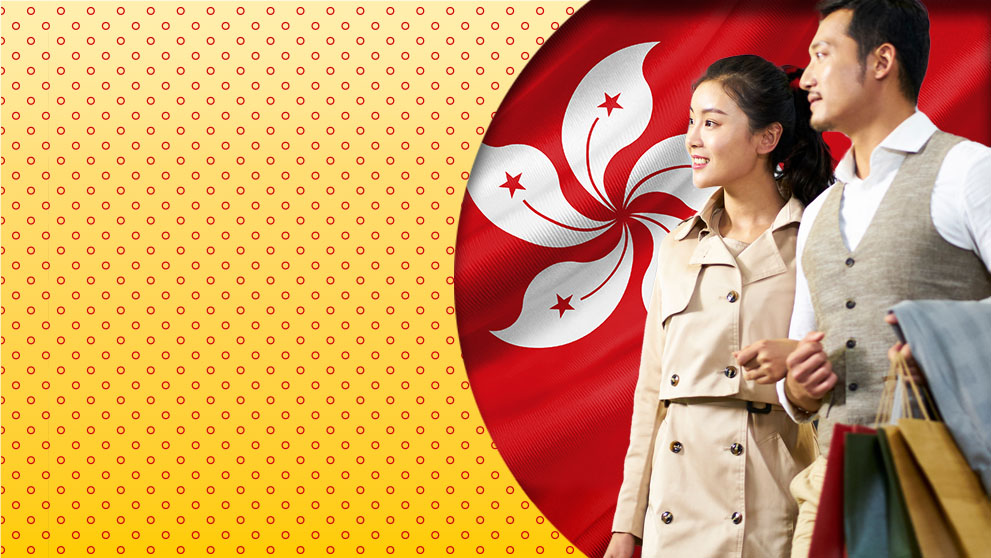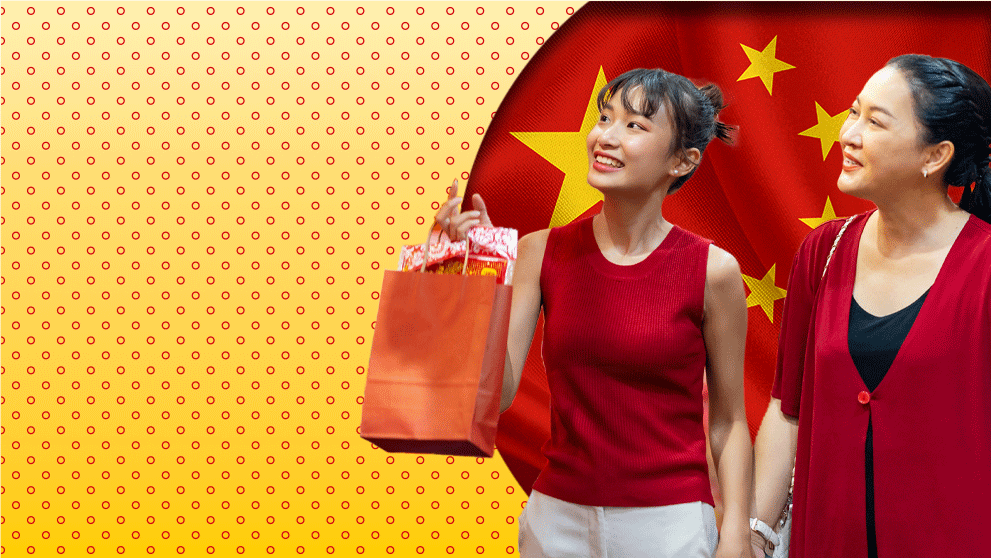Singapore and China have long been trading partners, with bilateral trade between the two companies estimated to reach S$136.2 billion in 2020 according to Enterprise Singapore. Considering the blossoming trade relationship between the two nations, importing from China is potentially lucrative for Singaporean companies wanting high-quality yet inexpensive items. However, as with most shipments entering any country, ensuring imports from China to Singapore reach local shores successfully requires knowledge of customs clearance procedures. As the global leader in shipping and logistics, DHL Express covers key facets related to customs clearance in Singapore to ensure importing goods from China to Singapore will be a seamless experience for our clients.
Duties, taxes and tariffs in Singapore
In Singapore, there are three main forms of import duties and taxes known as GST, customs duty and excise duty.
1. GST
Goods that possess a value of S$400 and beyond will be subject to the GST. The amount is calculated from an item’s Cost, Insurance and Freight (CIF) value. At present, the GST rate is 8%, and the local government announced plans to raise it by another percentage point to the new GST rate of 9% by 1 January 2024.
Also, Chinese exporters need to take note of changes in GST charges to the Overseas Vendor Registration regime (GST). The OVR was implemented to safeguard local businesses against overseas vendors that previously did not need to include GST for their products and services. While it used to pertain only to digital services, with effect from 1 January 2023, the OVR will include imports of low-value goods of digital and non-digital remote services sold to customers in Singapore via air or post. This means overseas businesses exporting to local consumers must charge GST on their low-value items at the point of purchase if they are valued at S$400 and below. This applies as long as you are required to register for GST in Singapore if you meet the prescribed conditions.
2. Customs and excise duty
Other than GST, certain imported items may also incur customs and/or excise duties. Custom duties are levied on dutiable goods from specific categories like beverages with high alcohol content.
Dutiable goods, which require you to pay both, are defined as:
Intoxicating liquors
Tobacco products
Motor vehicles
Petroleum products
On the other hand, goods manufactured in or imported into Singapore are subject to excise duties. The amount is derived from the assessed value of goods or specific rates, whereby these products incur taxes based on a percentage of the total shipment value or specified amount per unit of weight or other quantity.
Categories of goods that are taxable & non-taxable
- Investment precious metals
- Items whose total value is below S$400
- Items that do not enter Singapore customs or are in a free trade zone
- Goods that belong to an importer of record who has been approved for a GST scheme in Singapore
Prohibited items to import
Local law prohibits certain items from being imported to Singapore such as:
Chewing gum
Cigarette lighters in the form of pistols or revolvers
Firecrackers
Endangered wildlife and products derived from them such as rhinoceros horn
Telecommunication equipment such as scanning receivers, military communication equipment, telephone voice changing equipment, radio-communication jamming devices, radio-communication equipment operating in frequency bands 880-915 MHz, 925-960 MHz and 2110-2170 MHz except equipment approved by the Info-communications Media Development Authority of Singapore
Obscene articles, publications and video tapes or discs
Seditious and treasonable materials
Chewing tobacco
Imitation tobacco products
Shisha
Smokeless cigars, cigarillos or cigarettes
Dissolvable tobacco or nicotine
Nicotine or tobacco products that may be used topically for application, by implant or injected into the body
Any solution or substance, of which tobacco or nicotine is a constituent, that can be used with an electronic nicotine delivery system or vaporizers
Nasal and oral snuff
Gutkha, khaini and zarda
Controlled drugs under the 4th Schedule Of Misuse Of Drugs Regulation
However, if the imports you wish to bring into Singapore are controlled by the government, you have to obtain a licence or certificate of approval from the Competent Authorities and pay the Singapore import tax & duties before you are allowed to do so.
Import documents to prepare
In addition, a customs permit is required for customs clearance to account for the tax payment and import of the goods. Each permit comes with a validity period, and shipments should be made keeping this in mind. Air or land freight requires presenting the documents needed to ship to Singapore to the customs officers. To avoid your packages from getting stuck in customs, prepare the relevant shipping documents such as:
A printed copy of the customs permit
Invoice
Packing list
The air waybill/consignment note
A special or general import-export licence to ship goods from China (A special licence is required for goods under tight quality or quantity control. General licences are issued for companies exporting normal goods)
Free Trade Agreements (FTAs) with China and their impact on imports
FTAs are signed agreements between two or more countries to lower barriers to imports and exports through providing preferential rates and quotas to reduce costs. At the moment, FTAs that Singapore has in force involving China include the China-Singapore Free Trade Agreement, the ASEAN-China Free Trade Area and the ASEAN-Hong Kong, China Free Trade Area agreements. However, with Singapore being an open trading economy, most imports would already enter Singapore tariff-free and this means that FTAs mostly stand to benefit local exporters instead. Should importers still need to claim preferential tariffs when shipping from China to Singapore, they would need to film a claim with these documents:
A Preferential Certificate Of Origin from the Competent Authority in Singapore
A valid self-certification
An E-ATIGA Form D reference number for a Form D that has been sent digitally through the ASEAN Single Window from Thailand


















